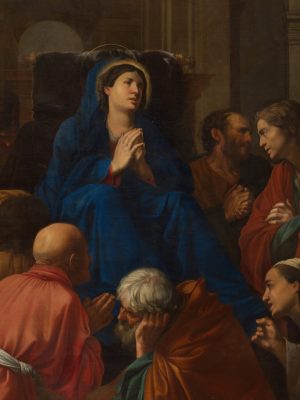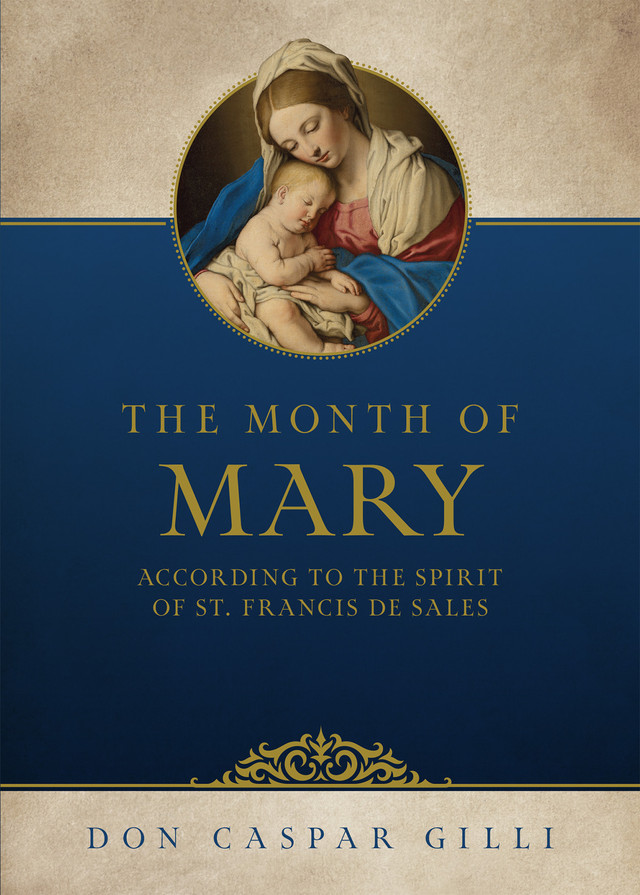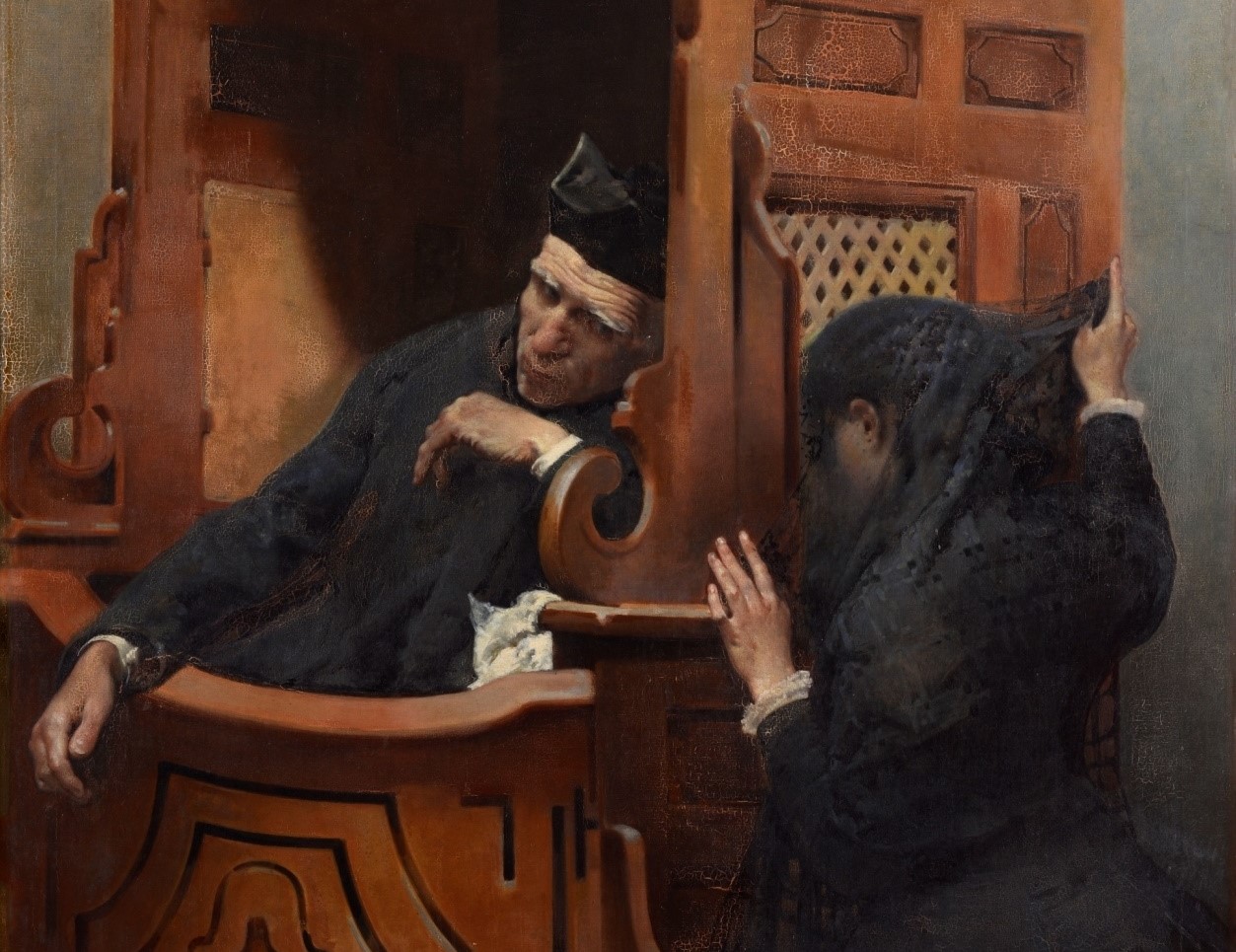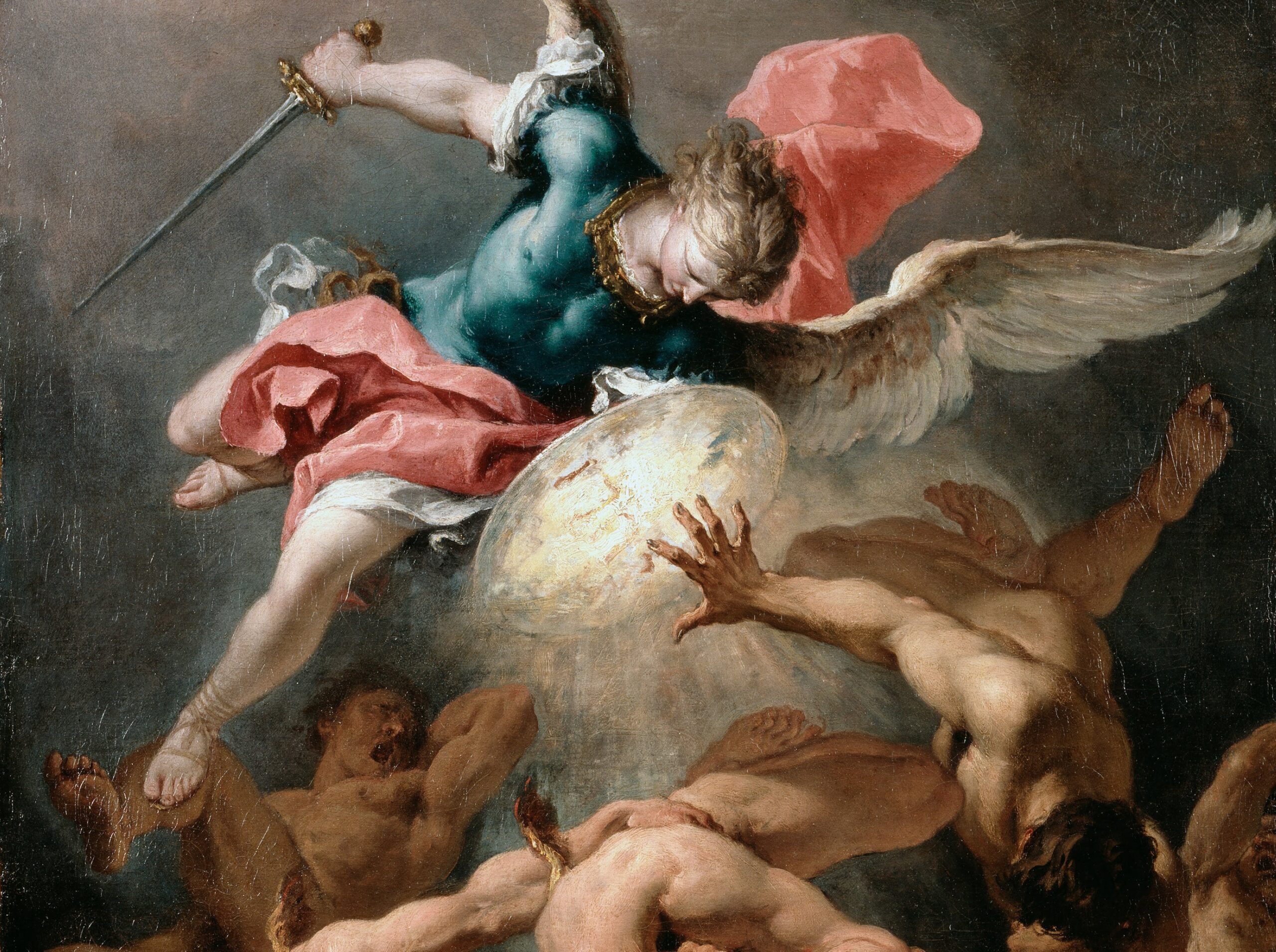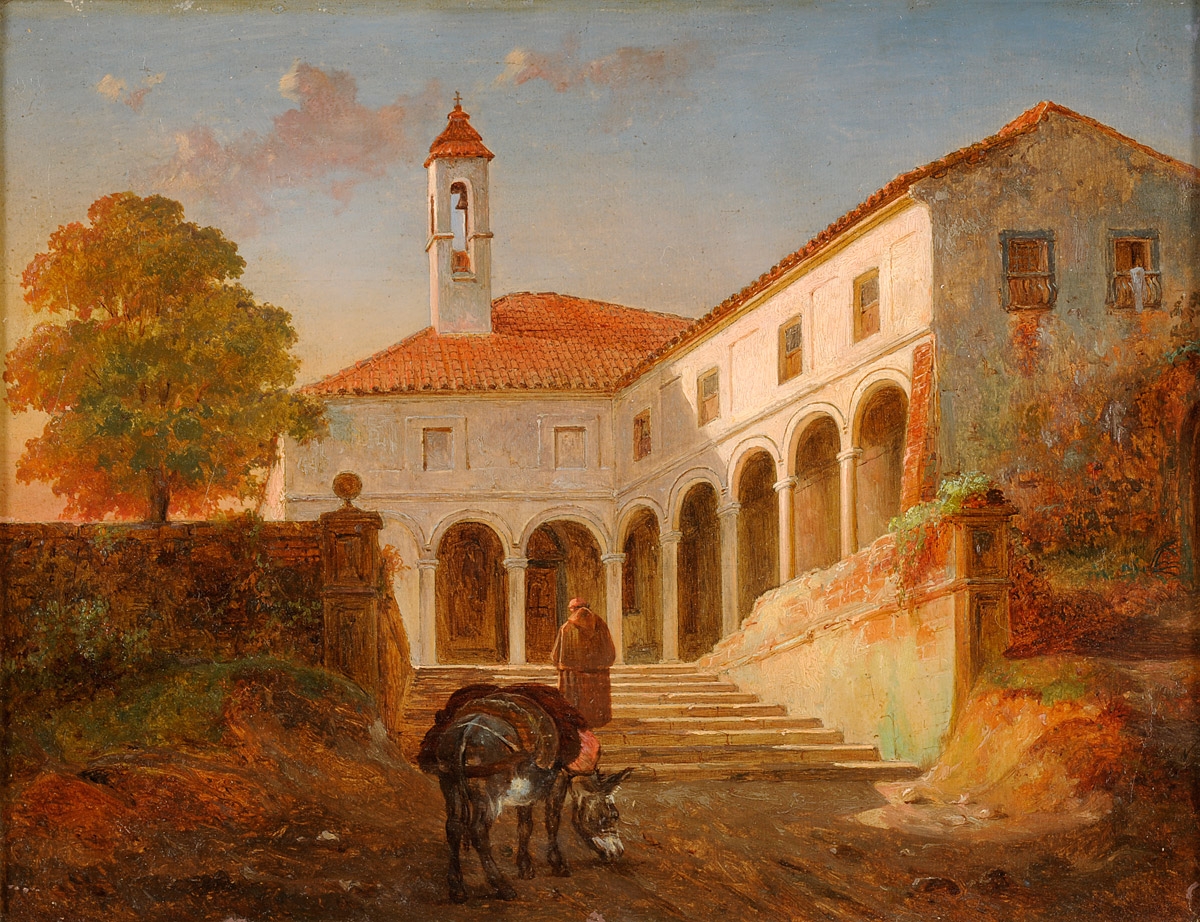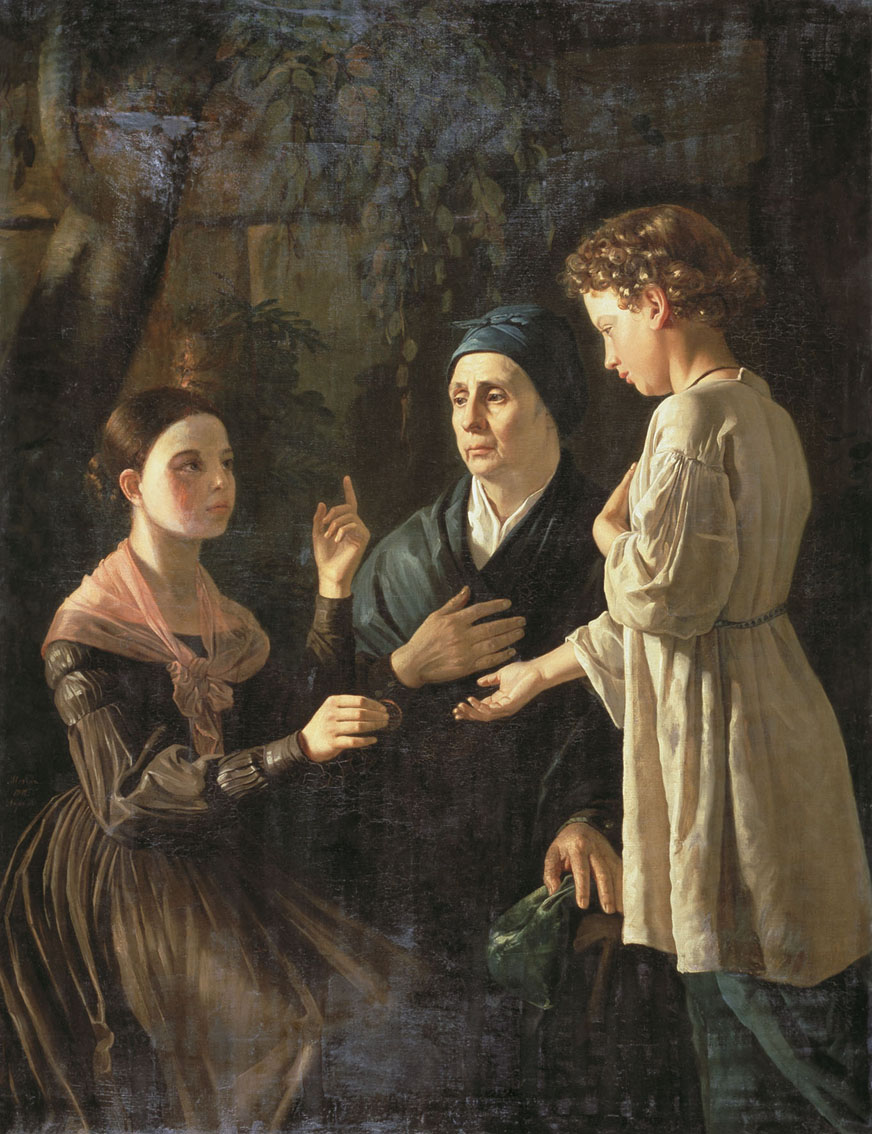This excerpt reflects on the holy death of the Blessed Virgin Mary, emphasizing that her passing was the ultimate expression of love for God. Written in the spirit of St. Francis de Sales, it explores how Mary’s soul, perfected in charity, peacefully ascended to heaven and left a fragrant witness of sanctity. The passage invites readers to see death as a doorway to eternal life for those who love God.
According to the common opinion of the Doctors of the Church, when the Blessed Virgin Mary had attained the age of sixty-three she died, or rather, she slept the sleep of death. But how is it, some will say, that Our Lord, Who loved His Holy Mother so tenderly, did not grant her the privilege of exemption from death, since death is the wages of sin, and she had never sinned? How contrary are such thoughts to those of God, and how far removed are such judgments from His! We know that death became precious when Our Lord permitted that its blow should fall upon Him, on the Tree of the Cross. Certainly, the Most Holy Virgin thought it no advantage or privilege not to die, but she always desired death, for she saw it lovingly embraced by her Divine Son. He had rendered it so sweet and desirable that the Angels would consider themselves most fortunate to be able to die, and the Saints looked upon it as a happiness, and therefore experienced great consolation in it. Our adorable Saviour, who is Life Itself, gave life to death by His own death, so that to those who die in the grace of God, it is the beginning of eternal life.
The Death of Love
Consider this Queen, dying of a fever, that was sweeter to her than health, because it was the fever of Divine love, which, by burning up her heart, consumed it so completely as to open to her soul the way by which it flew into the arms of her Divine Son.
All the Saints die in the habit of holy Love; but some amongst them die in the exercise of this Divine love; others, on account of it, as the Martyrs; and others, by its power. But the most sublime degree of holy love is to die of love itself; and this occurs when the soul is so inflamed by charity that it can no longer be detained by the bonds of the flesh.
If it be true that such as is the life of a man such will be his death, what else can have been the death of the Most Holy Virgin but the death of love? This is certain; because she who is called in the language of Sacred Scripture, the Mother of fair Love could only die the death of love. We read not of ecstasies and raptures in the life of Our Lady, and for this reason, that they were continual. She loved God with so tender, so strong, and so ardent a love, at the same time so tranquilly, and with so much peace, that although her love went on increasing, the increase was not impetuous, but she continually, and almost imperceptibly, hastened towards this so greatly desired union of her soul with God, like a river that calmly flows to the ocean.
The Soul’s Flight to Heaven
The hour having then arrived when the Most Holy Virgin was to leave the earth, Divine Love separated her soul from her body, and incomparably pure as it was, it flew directly to heaven. Ah! what obstacle could detain her whom the Celestial Spouse calls ‘His beloved, all fair and without spot’? Our imperfections and the stains of our sins are the only obstacle to our entrance into heaven at the moment of our death; and it is these that are the origin of the flames of Purgatory.
The Saints are ever burning with the fire of Divine love; and by their exemplary lives spread a continual odour of sanctity in the presence of men and of God. This odour is incomparably increased at their death; hence the Prophet says: ‘Precious in the sight of the Lord is the death of the Saints.’
If, then, the Saints are odoriferous and burning lamps, what shall we say of the Most Holy Virgin, whose perfection immeasurably surpassed that of all the Saints united together? If in life she was a Burning Lamp, fed with the perfumed oil of every virtue, what a fragrance must she have exhaled at the hour of her death! So great was this fragrance that young virgins, as we read in the Canticles, were attracted by it: ‘We will run after thee to the odour of thy perfumes,’ ‘the young maidens have loved thee.’
Spiritual Flowers
The soul of Mary was released from her body as naturally as fragrance sent from a flower and as the ripe fruit falls from the tree.—St. Francis de Sales.
As the palm conceals its flower until the heat of the sun causes it to expand, so the just soul conceals the flowers of its virtue by humility, until Our Lord, by calling her to Paradise, gives the highest degree of perfection to her love.—The same.
The thought of death is not sad for a soul who loves God, because it is the beginning of her eternal happiness.—St. John of the Cross.
O Death, most beautiful Death! wherefore shall we fear thee, if in thee is found life? He alone should fear thee who has persevered in sin until his last breath.—St. Teresa.
ooo
This article is taken from a chapter in The Month of Mary which is available from TAN Books.


